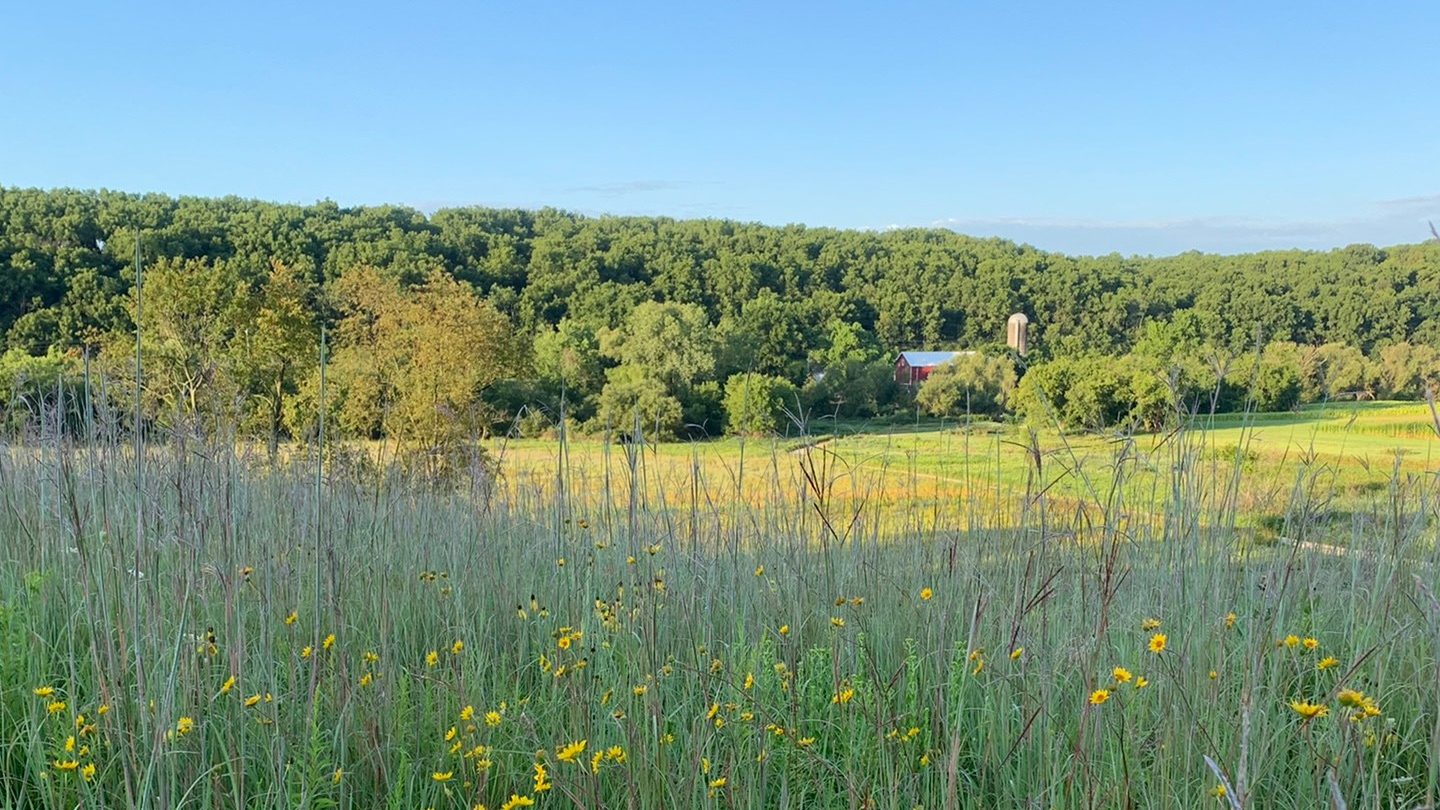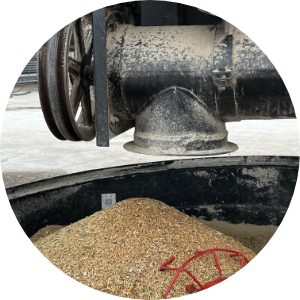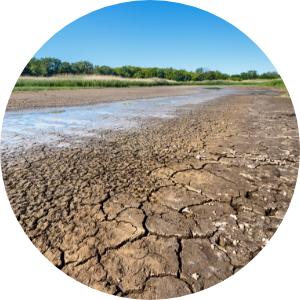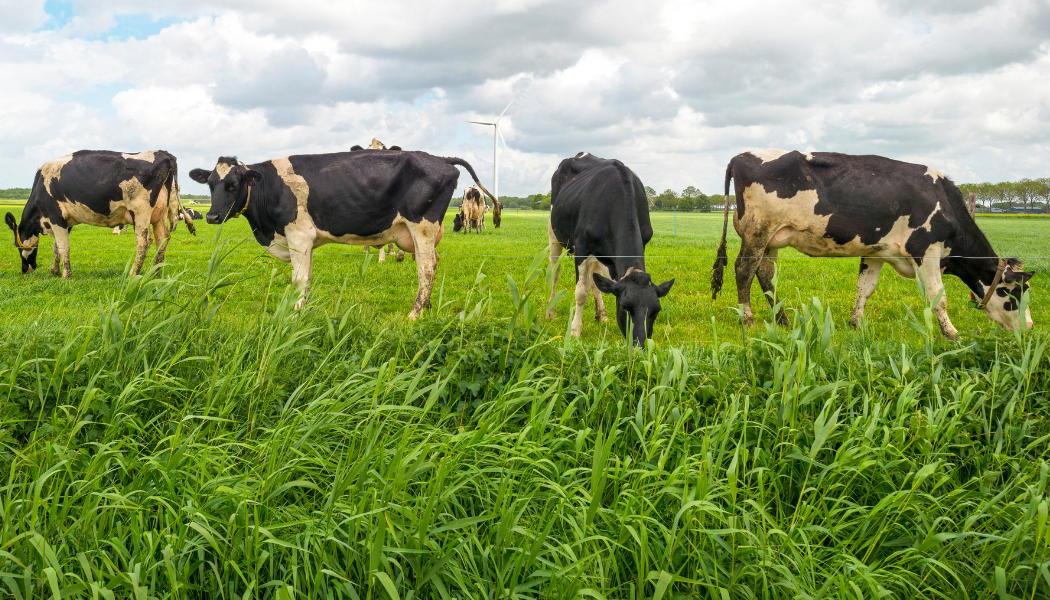Our Land > Wisconsin’s Agricultural Path to Net-Zero
Wisconsin’s Agricultural Path to Net-Zero
Wisconsin aims to cut emissions 50–55% by 2030 and reach net-zero by 2050. The Natural Climate Solutions Roadmap helps get us there—making agriculture part of the solution with data, tools, and pilot projects.
Jump to Section
Explore Our Approach
Overview
Reducing Greenhouse Gas Emissions in Wisconsin Agriculture
The Natural Climate Solutions Roadmap is a first-of-its-kind analysis using detailed scientific research and on-the-ground case studies to build a viable path toward net-zero emissions of greenhouse gases in Wisconsin’s agricultural sector.
Even as greenhouse gas emissions begin to drop in other sectors of our economy, emissions from Wisconsin agriculture have been rising rapidly. The Natural Climate Solutions Roadmap is the result of a collaboration among farmers, researchers, advocates, and supply-chain experts to reverse this trend and transition to vibrant, sustainable agricultural systems that benefit everyone in Wisconsin’s farming communities.
Healthier, more diverse farms
This research reveals an urgent need for key changes in Wisconsin’s agricultural systems. Simply put, Wisconsin needs more crop diversity and perennial crops, more trees incorporated into farmland, less fertilizer and chemical use, and more livestock moved out of the barns and onto grazing pasture. These changes will not only reduce emissions; they will reduce local water contamination and topsoil loss, two major concerns in the state’s farming communities.
IN-Depth Research
IN-Depth Research
Discover the Roadmap
Research and Analysis
Natural Climate Solutions Roadmap
This first-of-its kind analysis uses detailed scientific research and on-the-ground case studies to build a viable path toward net-zero greenhouse gas emissions in Wisconsin’s agricultural sector.
Explore Research
Action Alerts
KEY INITIATIVES
NCS Pilot Projects
To ground this work in real-world outcomes, the NCS Roadmap includes three pilot projects that demonstrate how climate-smart strategies can reshape Wisconsin’s food system—economically and ecologically.

WI-grown Kernza® Supply Chain Hub
This project is building out the missing links in Wisconsin’s Kernza® supply chain—from growers to processors to buyers. By connecting local farms with millers, bakers, brewers, and livestock producers, we’re turning this deep-rooted perennial into a scalable climate solution and economic opportunity.

Future Crop Suitability Mapping
Wisconsin’s climate is changing—and so is what we can grow. This project is producing forward-looking models that show which crops will thrive under different climate scenarios. With this data, farmers can make informed decisions about how to diversify and adapt for long-term resilience.

Northeast Wisconsin Managed Grazing Learning Hub
In the Lake Michigan Basin—an area with both high-intensity animal agriculture and declining water quality—this hub will support dairy and beef farmers exploring managed grazing, a practice where livestock are systematically rotated through pastureland to improve soil health, reduce runoff, and promote more resilient, climate-smart farms. The goal: healthier soil, cleaner water, and more profitable operations.
sign up
Join the Fight for Our Land
Sign Up For Email Updates
"*" indicates required fields